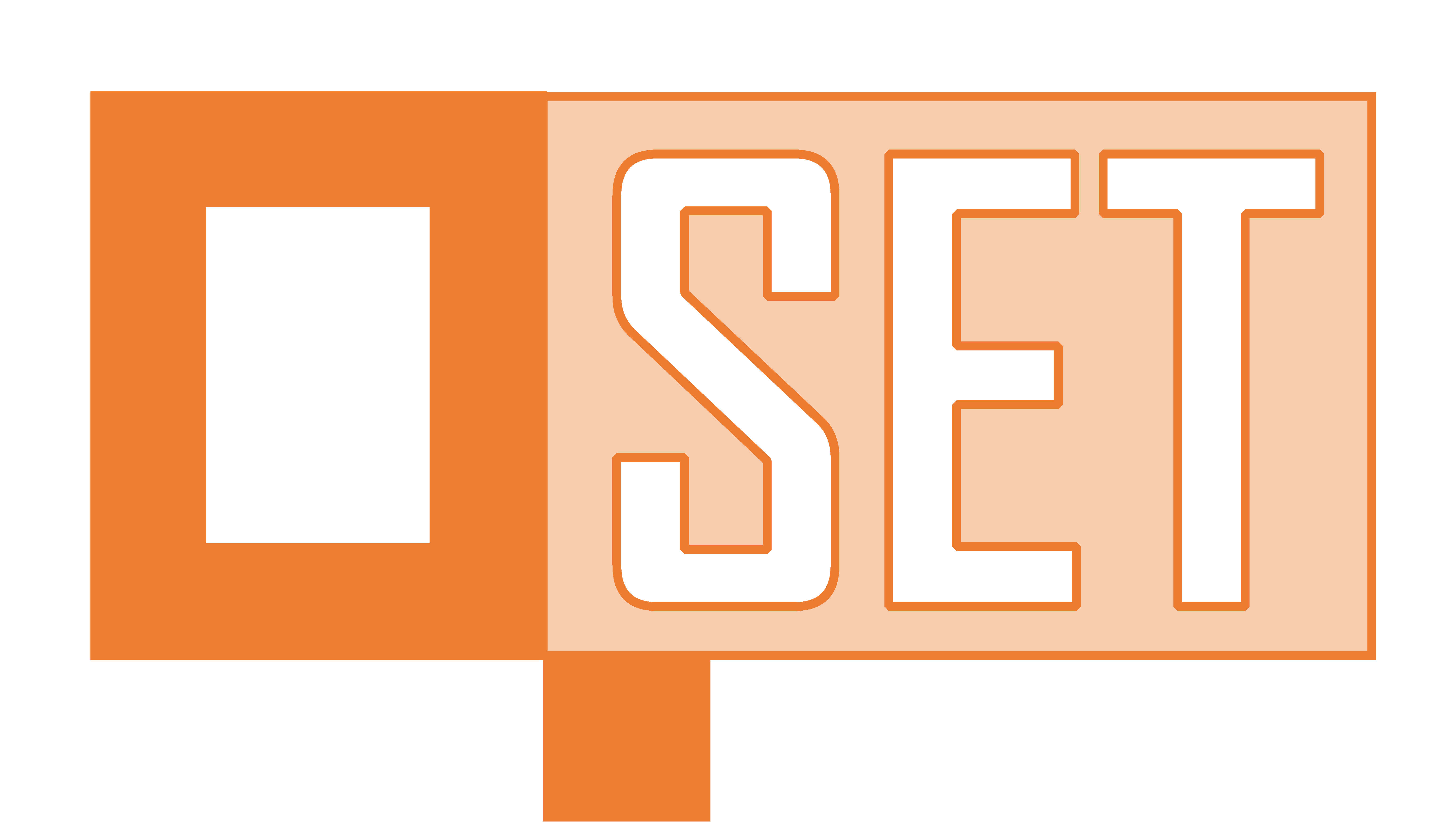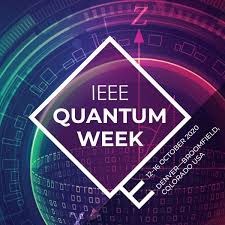Final Program
Tuesday, October 13, 2020 (Online Conference)


Tuesday, October 13, 2020 (Online Conference)
Workshop presentation by the organizers
This talk provide an outlook to the recent Talavera Manifesto on Quantum Software Engineering & Programming, its main commitments and call for action
Senior Research Scientist. Lead, Quantum Artificial Intelligence Laboratory (QuAIL).
NASA Ames Research Center
Quantum Computing is one of the emerging areas of computing that currently generates more expectations. However, there are many doubts about its actual future projection. On the one hand, the industry shows reluctance to invest in it. The main reasons are the high costs of the hardware, together with the fact that current commercial quantum computers offers a potential that goes little beyond experimentation. On the other hand, there is controversy in the research community about the feasibility of creating and programming powerful and reliable quantum computers. The possibility of having reliable hardware with a reasonable number of Qbits seems still distant. Finally, current quantum programming tools are still at almost logic gate level, which limits the possibility of creating real complex quantum software systems. If we look back in time, this situation is reminiscent of the Software Crisis experienced by classical computing in the 60's. This talk starts from this analogy and, analyzing the advances and lessons learned in the field of Software Engineering in the last 60 years, raises the directions that could help to develop the future Quantum Software Engineering.
Cláudio Gomes, Daniel Fortunato, João Paulo Fernandes and Rui Abreu
In this position paper, we argue that readily available components are much needed as central contributions towards not only enlarging the community of quantum computer programmers, but also in order to increase their effi ciency and eff ectiveness. We describe the work we intend to do towards providing such components, namely by developing and making available libraries of quantum algorithms and data structures, and libraries for testing quantum programs. We fi nally argue that Quantum Computer Programming is such an eff ervescent area that synchronization eff orts and combined strategies within the community are demanded to shorten the time frame until quantum advantage is observed and can be explored in practice.
Francesco Piro, Mehrnoosh Askarpour and Elisabetta Di Nitto
Quantum computers promise to allow for great improvements in the solution of k-SAT problem, which is one of the fundamental problems of computational logic. In order to evaluate this possibility, in this work, we generalized a pre-existing quantum 3-SAT solver to the most general case for the number of variables, clauses, and k, using the IBM Qiskit library. We extended basic gates and steps of the underlying algorithm to reduce the number of used qubits and gates, in order to deal with the decoherence problem. We tested our solution on complex instances of k-SAT, which preserved the exponential speedup promised by Grover algorithm
Luis Jiménez-Navajas and Aurelio Martínez Corchano
Organizations need to adapt their classical information systems alongside new specific quantum applications, evolving toward classical-quantum information systems. Today, there are not specific methods for dealing with this challenge. This talk discusses how reengineering, and more specifically software modernization using model-driven engineering principles, could be useful for migrating classical systems toward hybrid ones.